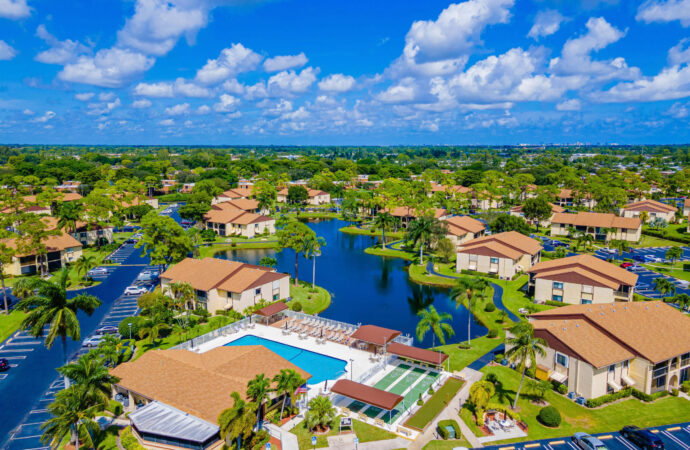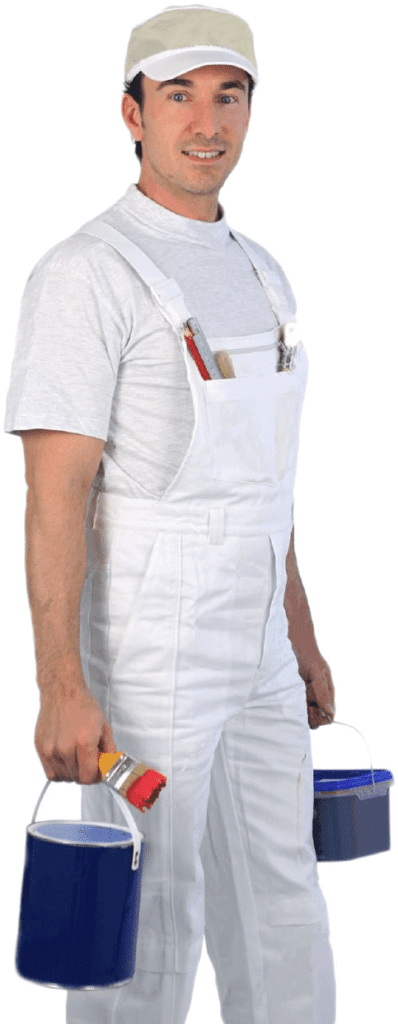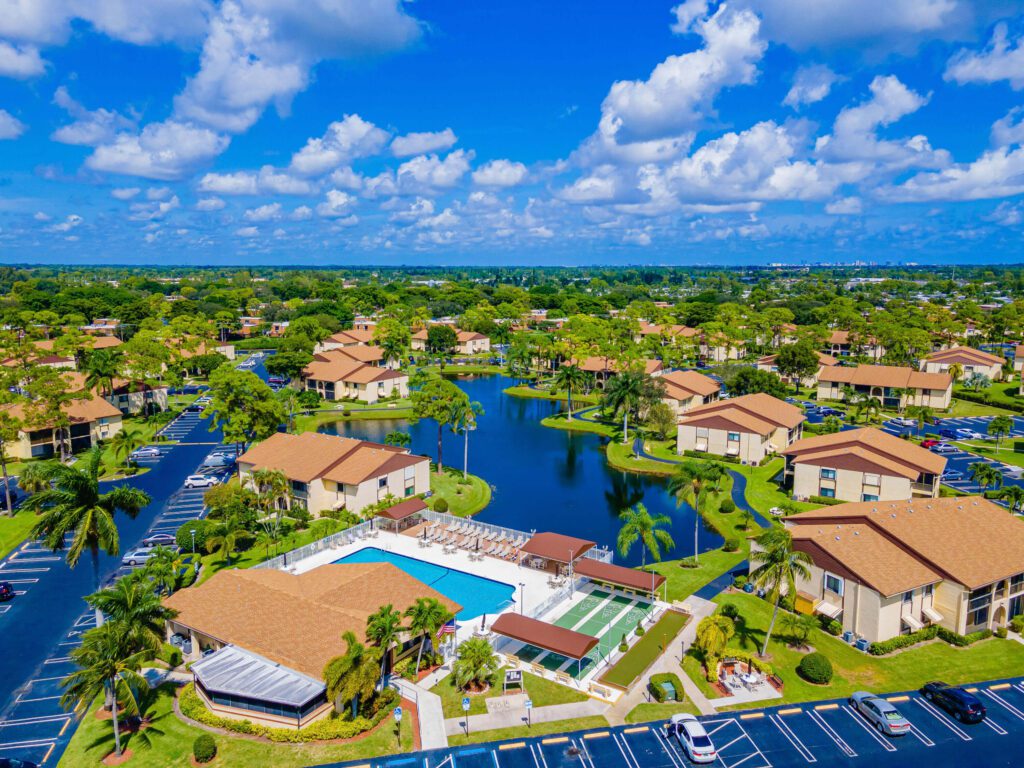Premier Interior/Exterior Painting and Popcorn Ceiling Removal Team in Greenacres
Contact Us

If you’re working in an occupied house with a driveway and walkway, ensure that your shoes are covered before beginning popcorn ceiling removal. They can be worn inside the home, but you should take them off when you leave.
Scrape Method
Use a paint sprayer or pump sprayer to mist the ceiling lightly. Spraying too much can cause tape joints to reactivate and release. You should add just enough water to make the ceiling scrape less dusty. You will need to skim coat if you want a flat ceiling texture. It is often easier to do a dry scratch. This allows you to skim coat ceilings with less texture.
Use a drywall sander like the Festool planeex or porter cable. Use 100 grit paper for unpainted textures. Choosing the correct type of dust collector is crucial due to the fine dust in drywall dust. Festool’s 36 AC vacuum is capable of self-cleaning.
Here are some popcorn removal options for ceilings that have been painted.
Scrape Method
Use a stiff 14-inch drywall knife. Before you wet the texture, remove the tips. This allows the surface to absorb water. For approximately 20 minutes, soak in hot water. You can add vinegar or HD80 to your water if it is more stubborn.

You can use a drywall sander like the Festool planex or porter cable. Start with 36-60 grit and work your way up to 100 grit.
You may need to skim your coat if all else fails. To skim your coat, you can thin the mud to make a pancake batter. Use a 1 1/4 nap roll to roll the Durabond drywall compound. Smooth it with a 14-inch taping knife. Spray thinned drywall material with a Graco Mark V, then smooth it out with a 32-inch finishing knife. For more information, please visit our How to Skimcoat a Ceiling Post.
Repairs
After the popcorn is removed, inspect tape joints for damage. If necessary, repair it. This could require removing the tape and re-taping.
The most common texture in the south is the splatter knockdown. This texture is commonly referred to as Knock Down, “Spray Knockdown,” or “Knockdown.” There are many types of knockdown textures, such as “Stomp Knockdown,” but “Splatter Knockdown” is a better way to distinguish it from other knockdown textures. This texture can be splattered on walls and allowed to sit for a while before being “knocked down with a large, thin knife.”
This texture is often used in hotel rooms, where wallpaper is not required. It can also be used in residential settings. People are less likely to use spray or splatter knockdown texture in the Southwest region of the U.S.A. Hand textures like “Santa-Fe,” “Skip Trowel,” or “Hawk and Trowel” are more popular. The popularity of splatter knockdown on smooth walls has increased in Greenacres.
Two things are required to apply splatter knockdown textures: compressed air and supply material. The texture material is pumped through a flexible hose to a trigger-activated gun. The surface is then mixed with compressed air. Air and mud exit the gun through tiny openings.
The operator’s hand pull on the trigger controls the volume of texture mud from the gun. A separate valve controls the air pressure. It is located on the spray handle’s airline side. The texture material is separated from the spray nozzle into small globs splattered on the drywall surface. The texture is smoothed using a large flat knife to achieve the knockdown effect.
Locations We Serve
We offer the above services at the following locations within Wellington:
Additional HOAs We Service
If you are located in Palm Beach County and you don’t see your city/area listed above, don’t worry! We cover all of Palm Beach County. Fill out the contact form above or CLICK HERE and send us a message. We’ll get back to you asap!
Here is a list of our services you can get at Wellington Pro Painters & Popcorn Removal:
-
Commercial Painting Near Me
-
Commercial Popcorn Removal Near Me
-
Drywall Repair Near Me
-
Drywall Installation Near Me
-
Knockdown Texture Near Me
-
Orange Peel Ceilings Near Me
-
Residential Painting Near Me
-
Residential Popcorn Removal Near Me
-
Smooth Ceiling Finish Near Me
-
Commercial Painting Services
-
Commercial Popcorn Removal Services
-
Drywall Repair Services
-
Drywall Installation Services
-
Knockdown Texture Services
-
Orange Peel Ceilings Services
-
Residential Painting Services
-
Residential Popcorn Removal Services
-
Smooth Ceiling Finish Services
-
Commercial Stucco Installation Near Me
-
Complete EIFS Reinstallation Near Me
-
Custom Stucco and Texturing Near Me
-
Denglass Framing Near Me
-
EIFS Inspection Near Me
-
EIFS Installation Near Me
-
EIFS Wall Systems Near Me
-
Exterior Kitchen Stucco Near Me
-
New Construction Stucco Near Me
-
Stucco Application Near Me
-
Commercial Stucco Installation Services
-
Complete EIFS Reinstallation Services
-
Custom Stucco and Texturing Services
-
Denglass Framing Services
-
EIFS Inspection Services
-
EIFS Installation Services
-
EIFS Wall Systems Services
-
Exterior Kitchen Stucco Services
-
New Construction Stucco Services
-
Stucco Application Services

